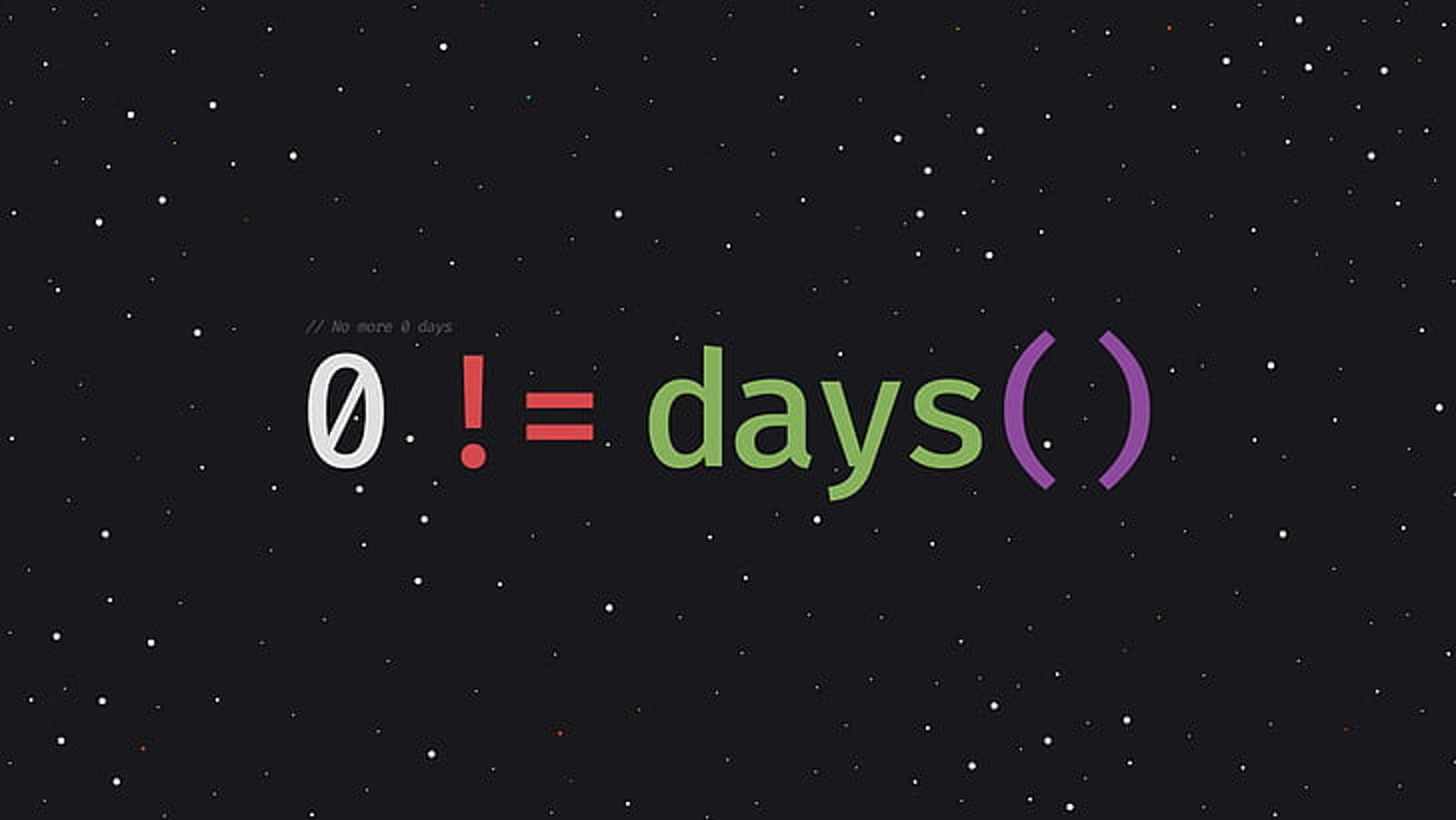8 Tips to Become an SQL Developer and Make a Career in Database Engineering
Get insights to become invincible
CAREERFINANCEMONEY
Neeraj
6/1/20241 min read

Get Past CRUD
While it is true that CRUD (create, read, update, and delete) is a must, employers will be impressed if you can also handle more complex tasks like window functions, stored procedures, and triggers. These abilities demonstrate your ability to efficiently retrieve and manipulate complicated facts.
Make the Mundane Automated
Save time by not writing the same questions over and over. Acquire knowledge of programming languages such as Python and Shell.
Develop Your Data Whispering Skills
A critical component is excellent communication. Comprehend business requirements and convert them into SQL queries that may be used. Describe intricate technical ideas to stakeholders who are not technical. You now act as a link between decision-making and data.
Continue to Develop
The environment for data is ever-changing. Keep up with emerging innovations such as NoSQL databases, cloud computing, and big data processing tools. You may advance your profession and stay current in the ever evolving IT industry by continuing your education.
It's the performance that matters.
Applications can be severely crippled by slow queries. Learn how to profile your SQL code to find areas where it is performing poorly. Ensure effective data retrieval and maintain the smooth operation of programs by optimizing queries.
Why Security Is Important
One constant threat is data leaks. Study up on user authentication, encryption, and access control—three recommended practices for database security. Given the data-driven world of today, this makes you a valuable security-conscious developer.
Adopt A Data Modeling Perspective
Learn the structure of the data before writing any queries. Study relational algebra, entity-relationship diagrams, and normalization concepts. Your ability to create scalable and effective databases is enhanced by this understanding.
Get in Power with SQL
The majority of tasks require specialized database technology such as Oracle, PostgreSQL, or MySQL. Take a close look at one platform, learning about its features, benefits, and performance issues. You become a sought-after specialist with this specialty.


